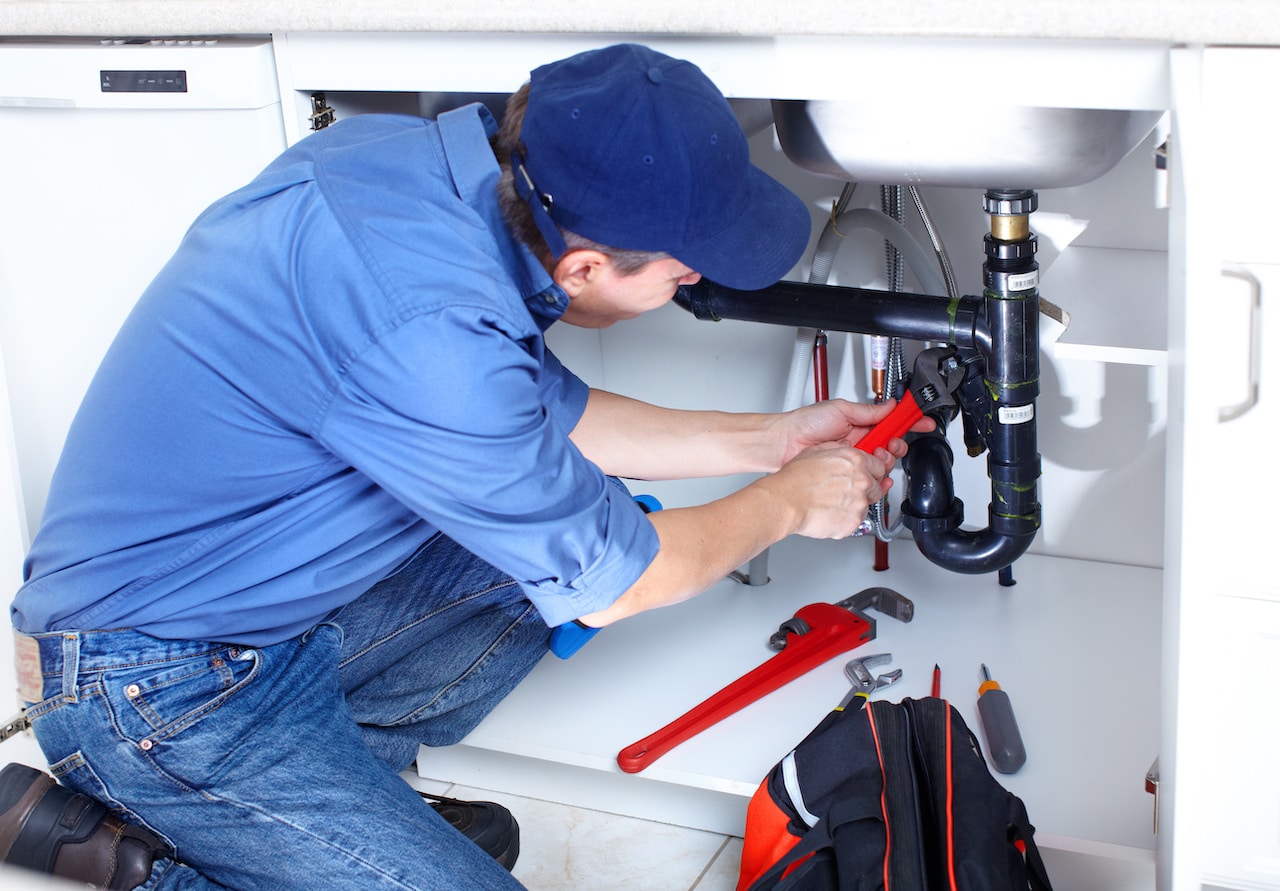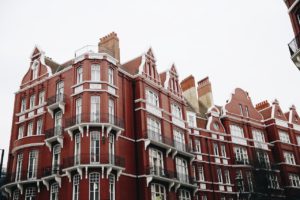Property is generally a smart investment that increases in value over time. However, if it’s poorly maintained, its value can decrease. Failing to protect your property using basic maintenance measures can result in catastrophic damages.
For landlords and property managers, it’s easy to remember maintenance tasks that need to be performed when tenants are requesting immediate attention. However, it can be harder to remember less urgent tasks that should be completed on a monthly or yearly basis.
While these tasks might seem minor, if left unchecked, hidden damages can slowly build up until they cause extreme damage.
With that in mind, here’s a basic checklist of maintenance tasks to remember for the continual upkeep of your property:
Change Filters
From the dishwasher to the stove hood to the all-important air conditioning, regular filter checks need to be on your rental property maintenance list. Depending on the appliance and specific type of filters, filters in each home or apartment should be changed every three to twelve months.
Changing filters is a simple task that can easily be overlooked, but this small step will extend the life of your appliances, which will save you money in the long run.
Test Smoke and Carbon Monoxide Detectors Regularly
If you don’t regularly test smoke and carbon monoxide detectors, you could end up facing serious legal ramifications. According to the US Fire Administration, you should test your alarms monthly and replace the batteries at least once a year.
Inspect Fire Extinguishers
Inspecting each fire extinguisher in your building is one of the most basic steps you can take to protect your property from a fire. Check the packaging for any wear and tear or previous use, and make sure the extinguisher has not passed its expiration date.
Check the Drainage and Plumbing
Drainage blocks are some of the most common issues tenants report, but they can be easily fixed by checking for early signs of clogs, leaks, or damage. Check your plumbing at least twice a year to avoid expensive emergency plumbing fees.
Service Heating and Electrical Systems
Malfunctioning heating systems are a big concern for tenants, especially come winter time! And faulty electrical systems can also leave tenants without power as well as increase the risk of electrical fires.
Check that heating systems are working properly at the end of summer each year, and service any boilers and other heating and electrical appliances once a year.
Check for Bug Infestations
Pest problems like bed bugs and termites are all too common. They pose a threat to your investment, as they can cause significant damage to your property, and they could cause tenants to leave. Have your property inspected for pests annually or bi-annually by a qualified expert.
Do a Yearly Deep Clean
Deep cleaning your building at least once a year is recommended, both to maintain your own investment and for your tenants’ benefit.
Areas that are commonly used by tenants but may not be fully cleaned by tenants’ regular maintenance should be cleaned once a year or before new tenants move in. Washing carpets, cleaning window blinds and exteriors, and scrubbing grout and hard water buildup are some examples of tasks you may want to hire a professional cleaning company to complete on a yearly basis.
Maintain the Property’s Exterior
If you want to appeal to tenants (and keep the neighbors happy), the outside of your property needs regular maintenance.
This might consist of seasonal tasks such as mowing the lawn and removing snow as well as tasks that might be done on a less regular basis, like cleaning windows, treating woodwork, inspecting walkways and driveways for damages, and checking the roof for blocked gutters or leaks.
Safeguard Your Property’s Value and Security with Insurance
Preventative measures are key to your property’s security. But even when you are consistent in caring for your building, it’s impossible to completely prevent disasters from occurring.
Disasters like fires, burst pipes, or theft can happen even when you’re taking every precaution to keep your property safe. That’s why safeguarding your property with commercial building insurance is one more essential step toward protecting your property’s value.
A commercial building policy might include general liability insurance, property insurance, lessor’s risk insurance, and other coverage specific to the risks your property is most susceptible to. Insurance can give you peace of mind knowing that even if a disaster occurs that makes it impossible to physically protect your property, your investment isn’t lost.
Commercial building policies will usually contain underwriting requirements that stipulate you can only qualify for insurance if your property isn’t facing significant risks like electrical hazards, lack of smoke detectors or other fire safety measures, or other obvious safety concerns.
So in addition to keeping your building in good condition, regular maintenance is essential for obtaining insurance, too.
Overall, the best things you can do to protect your property are prevent potential damage as much as possible through regular maintenance and then insure your assets in case of unforeseeable disasters.




